 #2172 - Sebastian Junger
#2172 - Sebastian Junger
Digest
This podcast delves into a wide range of topics, from the challenges of modern parenting and the dangers of emotional manipulation to the complexities of mental illness and the profound impact of near-death experiences. The guest, a man who has faced his own mortality, shares his personal journey from atheism to a belief in the soul, exploring the nature of consciousness, the interconnectedness of all things, and the importance of living each day to the fullest. The conversation touches on the ethical implications of zoos, the role of aggression in human evolution, and the search for meaning in a world filled with uncertainty. The guest also discusses the dangers of AI and the need for responsible development of this technology. Throughout the podcast, the speakers grapple with fundamental questions about life, death, and the human condition, drawing on philosophical insights, scientific perspectives, and personal experiences to offer a nuanced and thought-provoking exploration of these complex themes.
Outlines

Introduction and Flip Phone Talk
The podcast begins with a lighthearted introduction, discussing the guest's use of a flip phone and the benefits of a simple phone over a smartphone.

The Importance of Being Present and Parenting Challenges
The conversation shifts to the importance of being present in life, particularly when it comes to parenting. The guest shares his experience of seeing parents on their phones while their children are playing on the playground and discusses the dangers of playgrounds and the unique challenges of raising daughters.

Finding the Right Person and Emotional Manipulation
The conversation shifts to the importance of finding the right person to share life with, particularly when it comes to parenting. The guest discusses the challenges of parenting with the wrong person and the importance of emotional regulation. He shares his strategy for dealing with emotional manipulation, which involves emotionally flatlining and remaining rational.

Mental Illness and the Strength and Weakness of Creativity
The conversation shifts to the challenges of bipolar disorder, with the guest sharing his personal experiences with friends and romantic partners who have bipolar disorder. He discusses the importance of recognizing the signs of bipolar disorder and seeking help. The conversation continues on the topic of mental illness, exploring the complex relationship between mental illness and creativity. The guest shares stories about friends and comedians who struggled with mental illness and the impact it had on their lives.

Trauma, Sacred Work, and the Dangers of AI
The conversation shifts to the trauma of war and the importance of sacred work. The guest shares a story from the Iliad about Ajax, who killed himself after mistaking sheep for enemy warriors. He discusses the impact of trauma on mental health and the importance of finding meaning in life. The conversation explores the moral case for war and the dangers of AI. The guest discusses the importance of finding a balance between peacefulness and self-defense. He expresses his concern about the potential for AI to escalate conflict and the need for responsible development of AI technology.

Near Death Experience and Encounter with Deceased Father
The guest shares his personal story of a near death experience, describing the events leading up to his aneurysm and the medical procedures he underwent. He describes his encounter with his deceased father during his near death experience. He discusses the nature of his experience and the impact it had on his beliefs about life and death.

Atheism, Belief, and the Nature of Love
The conversation concludes with a discussion about the guest's atheism and the nature of belief. He explains his perspective on atheism and the importance of respecting religion in its best form. He also discusses the nature of love and the idea that God finds you, rather than the other way around.

Facing Mortality and the Mystery of Death
The speaker shares their experience of facing their own mortality after a near-death experience. They discuss the common themes found in near-death experiences (NDEs) and the scientific explanations offered by neuroscientists.

The Aftermath: Trauma and the Ghostly Fear
The speaker describes the intense anxiety and panic they experienced after their near-death experience, including the fear of being a ghost. They connect this to a vivid nightmare they had two days prior to the event.

The Nightmare as a Premonition?
The speaker explores the possibility that their nightmare was a premonition of their near-death experience, given its similarity to common NDE themes. They grapple with the question of whether they actually died and were brought back.

The Search for Answers: NDEs and the Afterlife
The speaker delves into the debate surrounding NDEs and the afterlife. They consider both the mystical and rationalist arguments, acknowledging the consistency of certain experiences, particularly the presence of deceased loved ones.

Quantum Physics and the Nature of Existence
The speaker explores the potential connection between quantum physics and the nature of death and consciousness. They introduce the concept of biosentrism, which suggests that consciousness may be a fundamental aspect of the universe.

The Soul and Consciousness: A Personal Journey
The speaker shares their personal journey from atheism to a belief in the soul. They connect this shift to their grandfather's death and the universality of the soul concept across cultures.

God, the Universe, and the Interconnectedness of All Things
The speaker explores their evolving understanding of God, moving beyond a traditional entity to a concept of the universe as a unified whole. They emphasize the interconnectedness of all things and the importance of love in this connection.

The Impact of Near-Death: Living with Uncertainty
The speaker reflects on how their near-death experience changed their perspective on life. They emphasize the importance of living each day as if it were our last and the value of appreciating the beauty of the world.

Dostoevsky's Mock Execution and the Vision of Death
The speaker draws parallels between their own experience and Dostoevsky's mock execution, highlighting the transformative power of facing death. They explore the question of how the world might appear to someone who knows they are about to die.

Zoos, Aggression, and the Search for Meaning
The speaker critiques the ethical implications of zoos, arguing that they are prisons for animals. They then discuss the role of aggression in human and animal evolution, acknowledging its complex and often contradictory nature. The speaker clarifies their stance on atheism, emphasizing that it is not about proving the non-existence of God but rather a lack of belief. They discuss the importance of living a moral life without relying on fear of divine punishment.

Religion, Uncertainty, and the Complexity of Existence
The speaker views religion as an attempt to map the mysteries of existence. They critique the tendency for religious groups to claim absolute truth and the fear of uncertainty that drives this behavior. The speaker compares the experience of sleep to death, highlighting the inherent uncertainty of both. They argue that we create structures and stories to impose order on a fundamentally uncertain reality. The speaker suggests that negativity plays a role in our existence, acting as a catalyst for growth and strengthening positivity through resistance. They emphasize the complexity of our experiences and the interconnectedness of all things. The speaker argues that the ambiguity surrounding the afterlife is a necessary condition for appreciating the value of life. They suggest that absolute certainty about death would either rob us of meaning or lead to psychological devastation.

Marx's Critique of Religion and the Paradox of Aggression
The speaker discusses Karl Marx's critique of religion, which saw it as a tool for social control and oppression. They acknowledge the validity of Marx's point while also recognizing the potential for religion to offer transcendent meaning. The speaker uses Genghis Khan as an example of the paradoxical nature of aggression. They argue that while aggression can be rewarded in evolutionary terms, it is ultimately destructive and unsustainable.

Human Cooperation, Global Alliances, and the Human Journey
This segment explores the evolutionary roots of human cooperation, suggesting that our genetic makeup predisposes us towards tribalism and a strong sense of \"us vs. them.\" This instinct, while beneficial for survival in the past, can also lead to conflict and violence. The discussion shifts to the inherent dangers of the world and the challenges of achieving a utopian vision. The speakers acknowledge that despite progress, violence and conflict remain prevalent, highlighting the ongoing struggle between our desire for peace and the realities of a dangerous world. The conversation emphasizes the gradual nature of societal progress. While we may look back on past generations with judgment, future generations will likely view us in the same light. The speakers acknowledge the ongoing challenges of conflict and violence, but express hope for a future where global alliances and cultural evolution can mitigate these issues. The segment concludes with a reflection on the human journey as a process of navigating good and evil. The speakers recognize the existence of real forces at play, emphasizing the importance of acknowledging both the positive and negative aspects of our nature.
Keywords
Flip Phone
A mobile phone with a hinged design that opens to reveal a keypad and a small screen. Flip phones were popular in the early 2000s before the rise of smartphones.
Simple Phone
A basic mobile phone that offers limited functionality, such as calling, texting, and basic internet access. Simple phones are often preferred by people who want to avoid the distractions and complexities of smartphones.
Playground
A designated area for children to play, often equipped with swings, slides, and other play equipment. Playgrounds are a popular destination for families and children, but they can also be dangerous if not properly maintained.
Bipolar Disorder
A mental health condition characterized by extreme mood swings, ranging from manic highs to depressive lows. Bipolar disorder can be treated with medication and therapy.
Trauma
A deeply distressing or disturbing experience that can have a lasting impact on a person's mental and emotional health. Trauma can be caused by a variety of events, including physical or sexual abuse, natural disasters, and war.
Near Death Experience (NDE)
A profound psychological experience that occurs during a near-death event. NDEs often involve feelings of peace, detachment from the body, and encounters with deceased loved ones.
Atheism
The disbelief in the existence of God or any other deities. Atheists typically base their beliefs on reason and evidence.
AI (Artificial Intelligence)
The simulation of human intelligence processes by computer systems. AI is used in a wide range of applications, including robotics, natural language processing, and machine learning.
Biosentrism
A philosophical theory that suggests consciousness is a fundamental aspect of the universe and may even be a necessary condition for its existence. It challenges traditional views of reality and the nature of consciousness.
Soul
A non-physical entity often associated with the essence of a person, their personality, and their spiritual nature. It is often believed to survive the death of the physical body.
Q&A
What are the benefits of using a flip phone over a smartphone?
The guest argues that flip phones offer a simpler and less distracting experience, with longer battery life and less susceptibility to the algorithms of social media.
What are the challenges of parenting in today's world?
The guest highlights the distractions of smartphones and the dangers of playgrounds as challenges for parents. He also discusses the unique challenges of raising daughters.
How can you deal with emotional manipulation?
The guest suggests emotionally flatlining and remaining rational as a strategy for dealing with emotional manipulation. He emphasizes the importance of recognizing when someone is using this tactic.
What are the challenges of bipolar disorder?
The guest shares his personal experiences with friends and romantic partners who have bipolar disorder, highlighting the volatility and difficulty of managing the condition.
What is the guest's perspective on atheism?
The guest defines atheism as the disbelief in the existence of God and explains that he respects religion in its best form but does not believe in God.
What was the guest's experience with his deceased father during his near death experience?
The guest describes seeing his father's essence or energy during his near death experience, and his father communicated to him that it was okay to let go.
How did the guest's near death experience impact his beliefs?
The guest's experience led him to question his atheism and consider the possibility of a divine power, but he ultimately remains an atheist.
What is the guest's perspective on sacred work?
The guest believes that sacred work is anything that helps people live with more dignity, less fear, and more connection. He believes that everyone is capable of doing sacred work.
What are the dangers of AI?
The guest expresses concern about the potential for AI to escalate conflict and the need for responsible development of AI technology. He believes that AI could lead to a situation where whoever presses the button first wins.
How does the speaker reconcile their belief in the soul with their previous atheism?
The speaker's belief in the soul stems from their personal experiences, particularly their grandfather's death, and the universality of the soul concept across cultures. They see the soul as a connection to a larger consciousness.
What is the speaker's view on the role of religion in human life?
The speaker sees religion as an attempt to map the mysteries of existence, but criticizes the tendency for religious groups to claim absolute truth. They believe that true understanding lies in exploring our own feelings, thoughts, and experiences.
How does the speaker's near-death experience influence their perspective on life?
The speaker's near-death experience has led them to appreciate the preciousness and finiteness of life. They emphasize the importance of living each day to the fullest and cherishing our loved ones.
What is the speaker's argument for the importance of ambiguity in our understanding of death and the afterlife?
The speaker believes that the ambiguity surrounding death and the afterlife is essential for finding meaning in life. Absolute certainty would either rob us of the value of our finite existence or lead to psychological devastation.
How does our genetic makeup influence our tendency towards cooperation and conflict?
Our genes predispose us towards tribalism, a strong sense of \"us vs. them\" that was beneficial for survival in the past. This instinct can lead to both cooperation within our group and conflict with outsiders.
What are the challenges of achieving a utopian vision in a world that is inherently dangerous?
The world is inherently dangerous, and achieving a utopian vision requires overcoming the realities of conflict, violence, and the inherent risks associated with human nature.
How does the concept of cultural evolution offer hope for a more peaceful future?
Cultural evolution suggests that societies gradually progress over time, driven by factors like technological advancements and global alliances. This process offers hope for a future where conflict and violence are mitigated.
What is the significance of recognizing both good and evil in our journey as humans?
Acknowledging both the positive and negative aspects of our nature allows us to navigate the complexities of human experience and strive for a better future while remaining aware of the potential for harm.
Show Notes
Sebastian Junger is a bestselling author, journalist, and an Academy Award-nominated documentary filmmaker. His latest book, "In My Time of Dying", is available now.
Learn more about your ad choices. Visit podcastchoices.com/adchoices




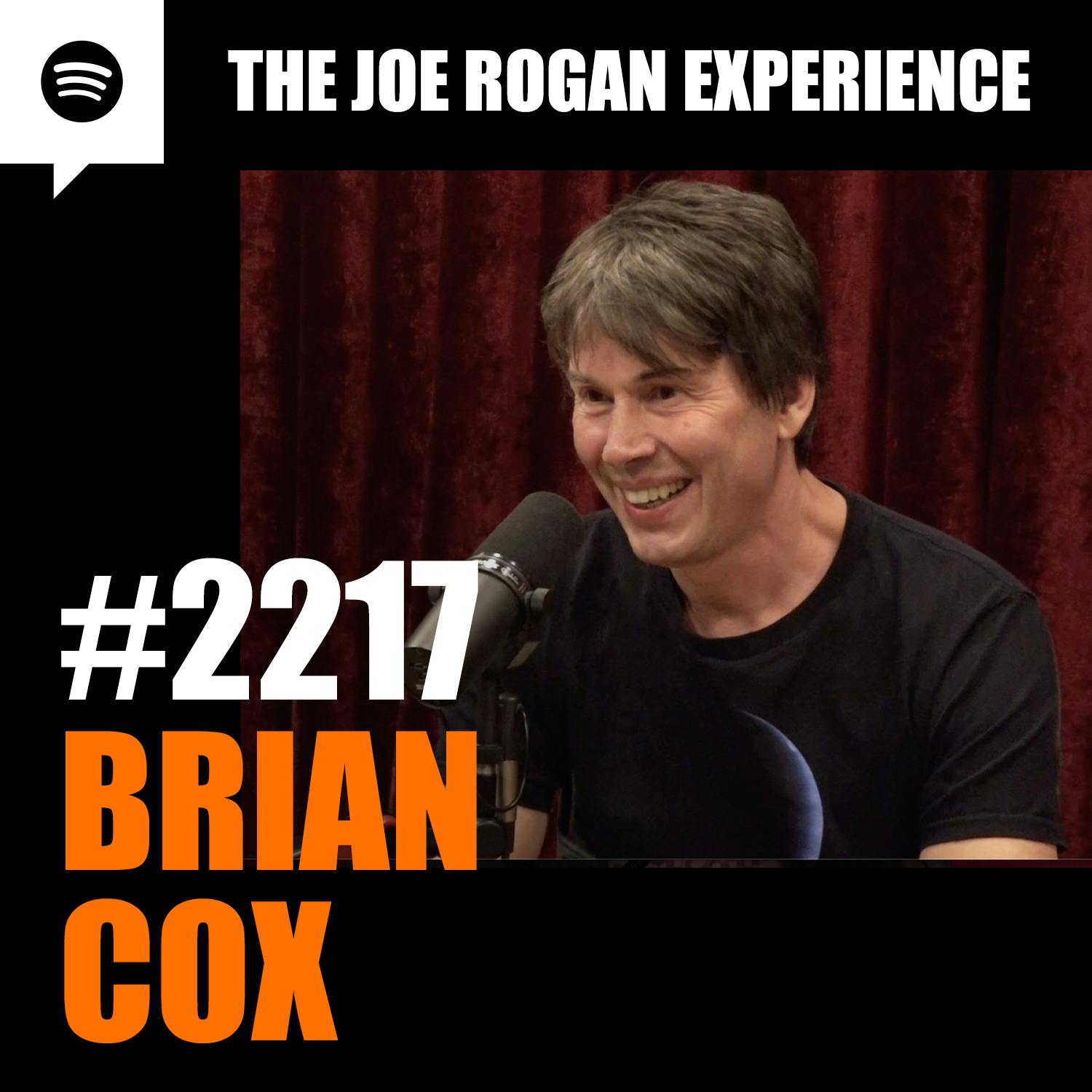

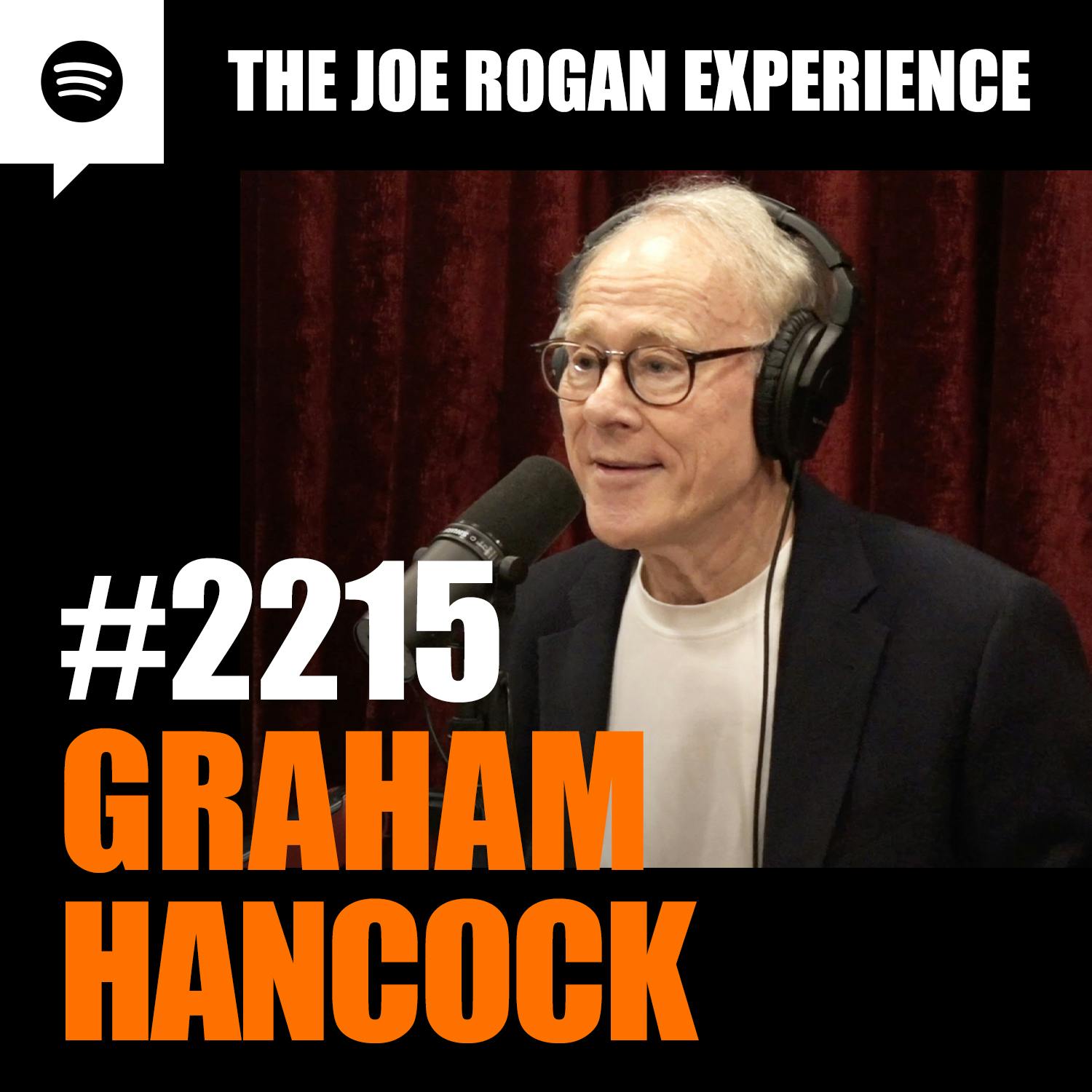
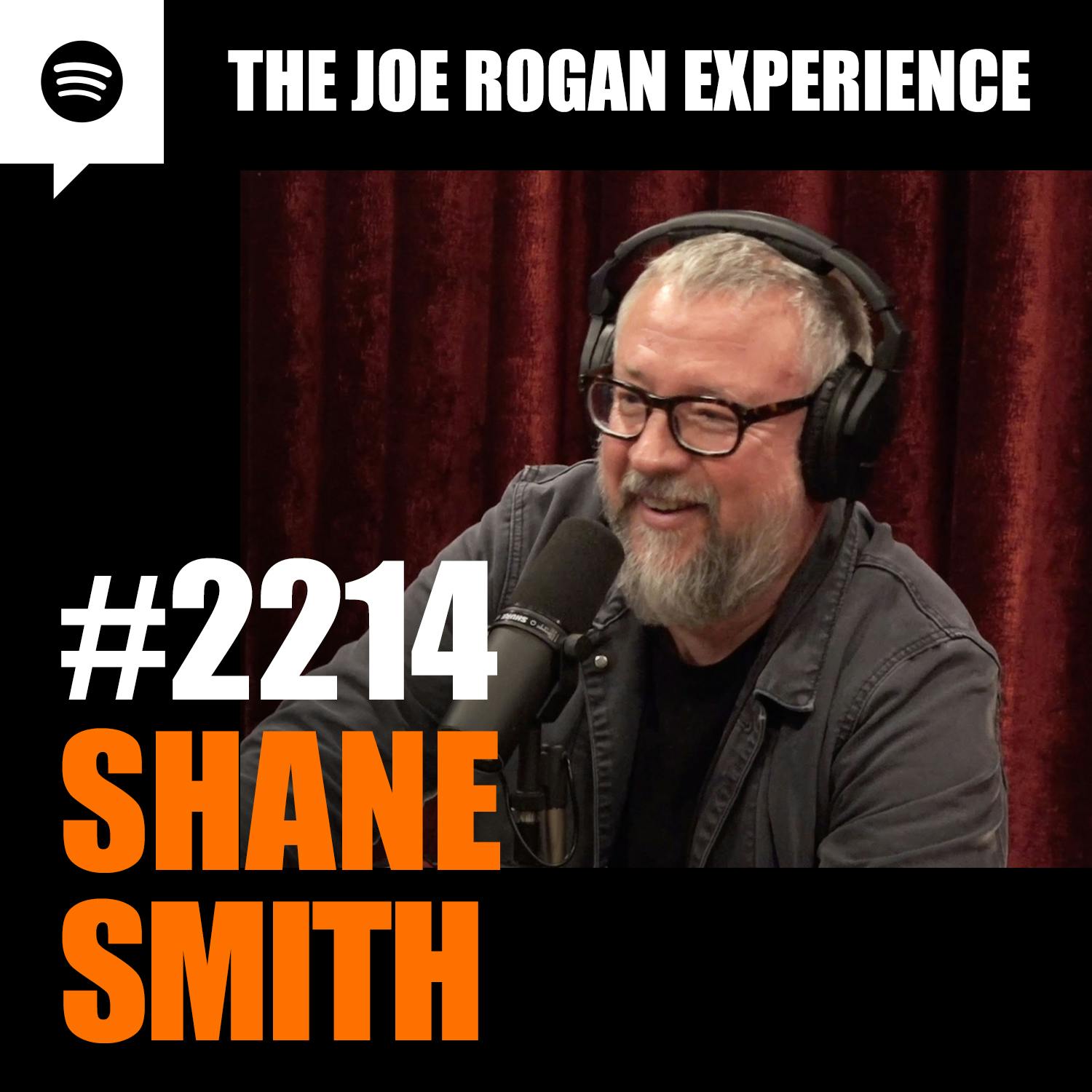


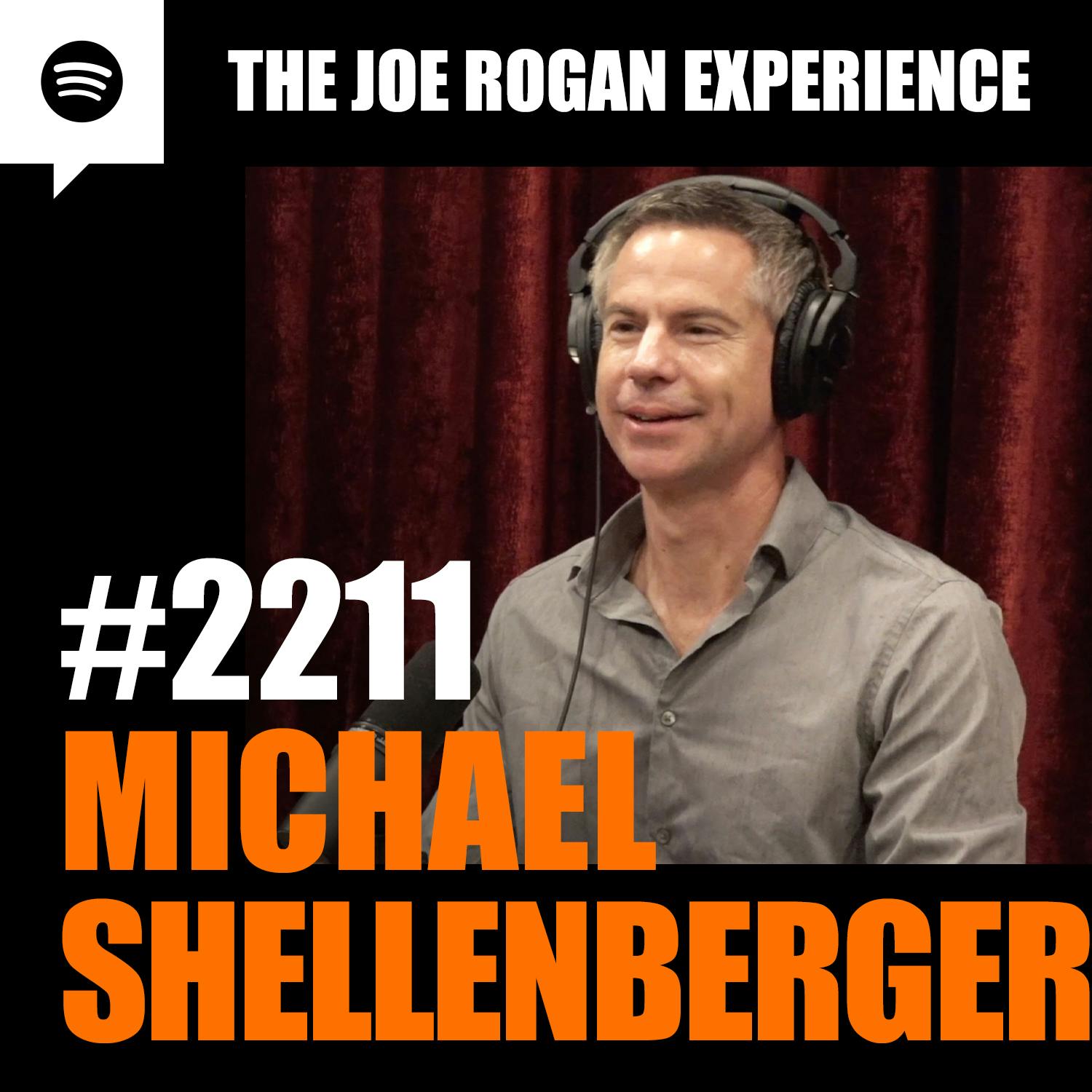









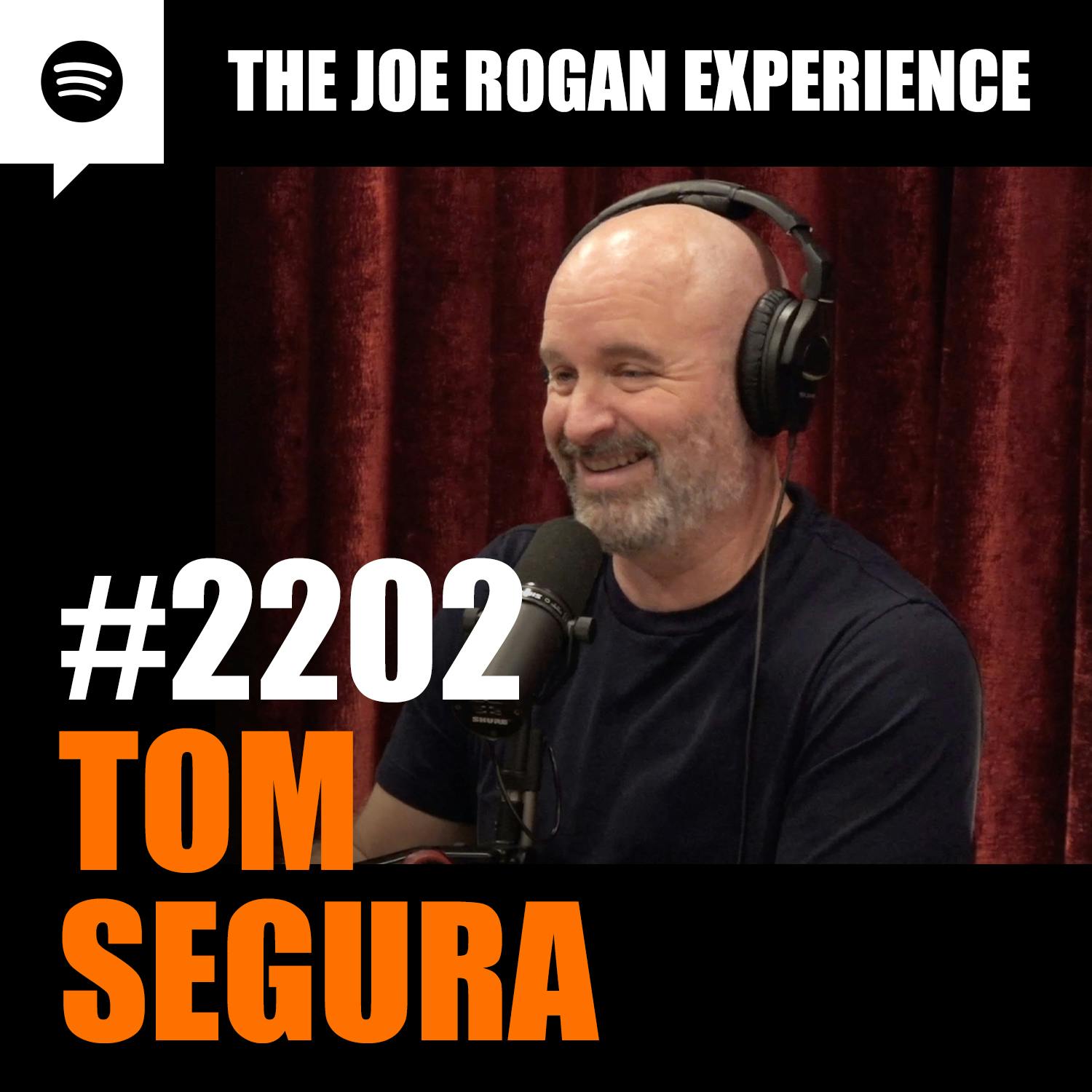





Good ol' Joe, he's utterly unaware that he's no different from those he judges on his superficial yardstick. Accuses people who condemn others, while condemning them. I'm not a believer, but he and Junger choose judgement to feed their negativity, blissfully unaware that some are trying to reach others out of sincere concern that their way, which works for them, can help others.